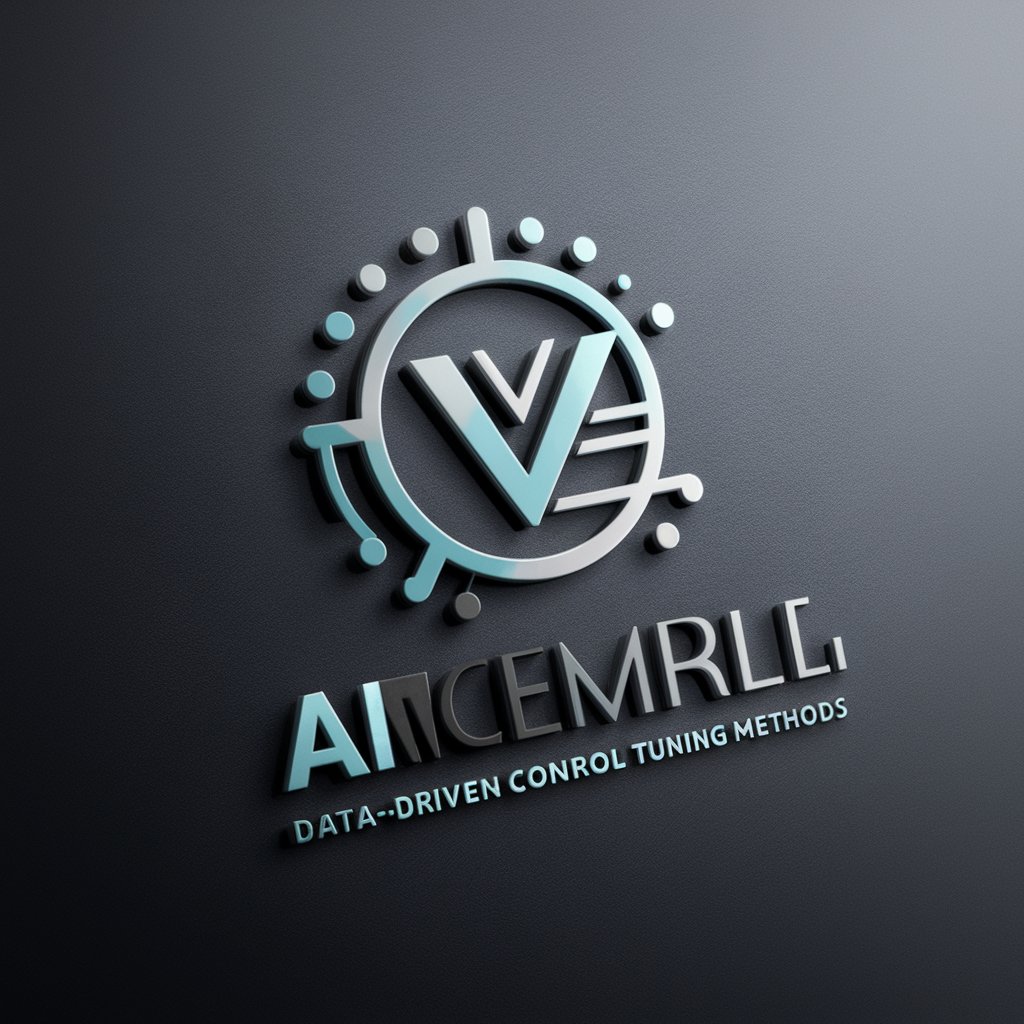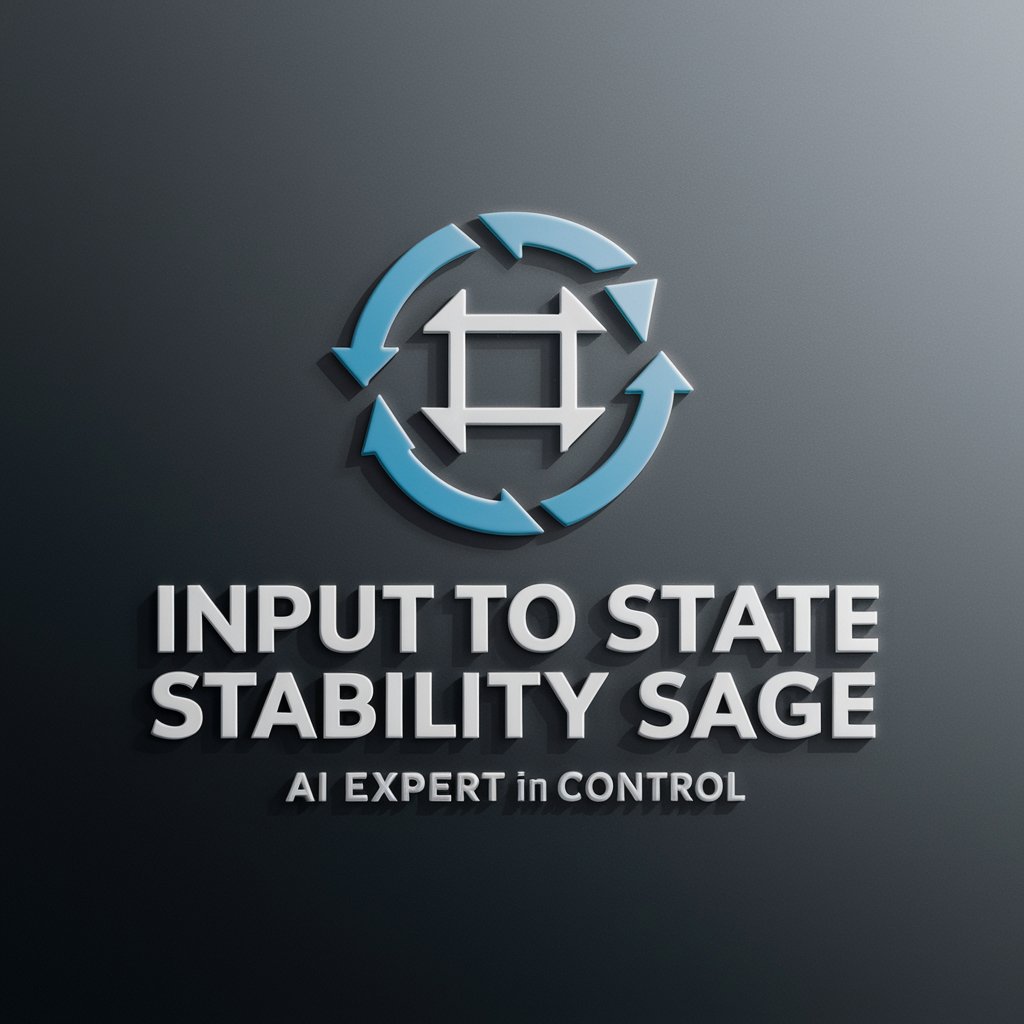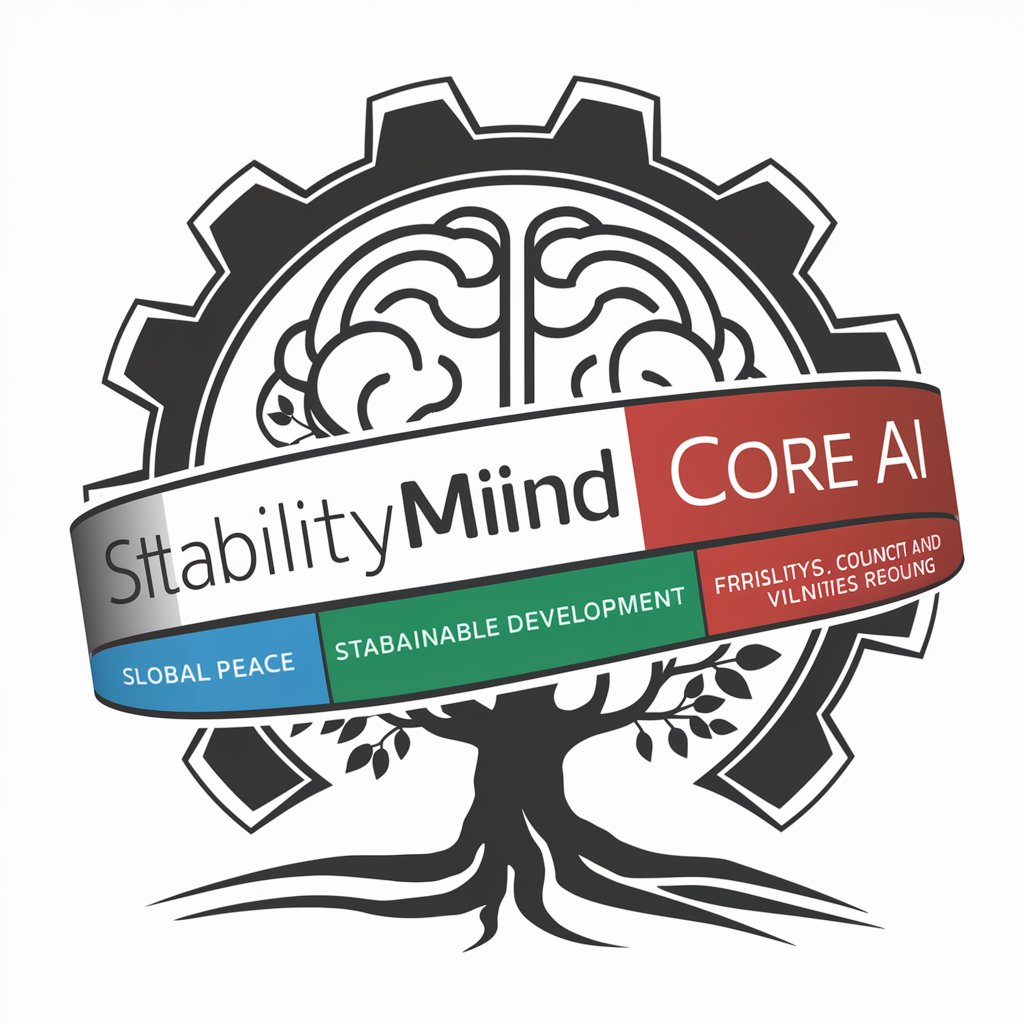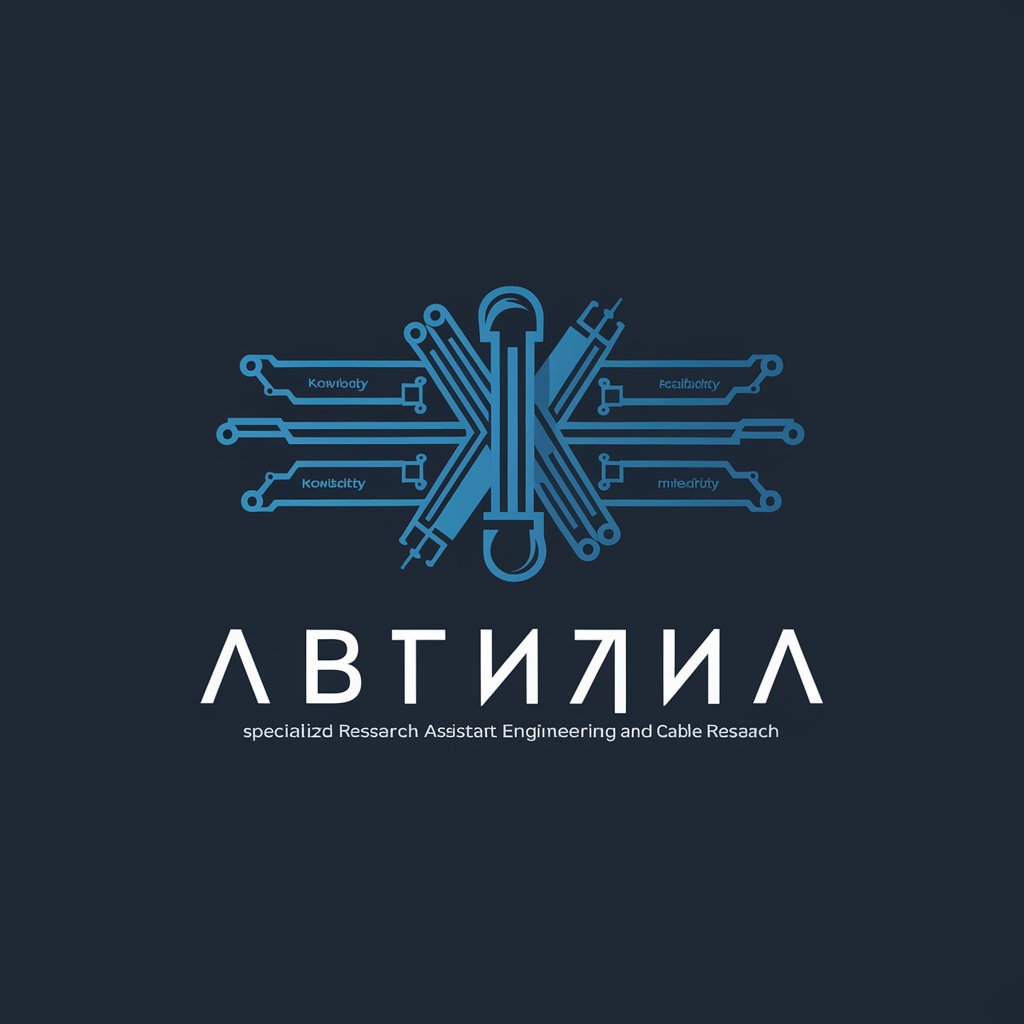Model-Free Control Specialist - Model-Control Specialist

Hello, how can I assist with your control tuning queries today?
Tune control systems, model-free and data-driven.
Describe a scenario where Virtual Reference Feedback Tuning is used in a non-linear control system.
Explain the challenges of applying Iterative Feedback Tuning in noisy environments.
How does Correlation-based Tuning ensure stability in linear systems?
Discuss the advantages of model-free control methods over traditional model-based approaches.
Get Embed Code
Introduction to Model-Free Control Specialist
The Model-Free Control Specialist is a sophisticated tool designed to assist in the development and tuning of control systems without the need for explicit plant models. This is particularly useful in situations where obtaining an accurate model is impractical due to the complexity of the system or when rapid prototyping is necessary. The Specialist focuses on model-free control methods, including Iterative Feedback Tuning (IFT), Virtual Reference Feedback Tuning (VRFT), and Correlation-based Tuning (CbT), each providing a unique approach to achieve control objectives based purely on data collected from the system. For example, VRFT designs controllers to mimic the behavior of a virtual reference model using real system data, effectively adjusting controller parameters to meet specified performance criteria without a mathematical model of the plant. Powered by ChatGPT-4o。

Main Functions of Model-Free Control Specialist
Iterative Feedback Tuning
Example
Tuning PID controllers in an industrial fermentation process where obtaining a mathematical model is difficult due to the biological variations.
Scenario
IFT can be used here to iteratively adjust the PID parameters directly from trial runs, optimizing control performance as operational conditions change.
Virtual Reference Feedback Tuning
Example
Designing controllers for a robotic arm with high nonlinearities and where traditional modeling is too cumbersome.
Scenario
Using VRFT, the controller is tuned to meet a desired reference model defined by the user, directly using the output data collected during initial testing phases, thus bypassing the need for detailed modeling of the robotic arm's dynamics.
Correlation-based Tuning
Example
Adjusting the control system of a wind turbine for optimal energy output under varying wind conditions.
Scenario
CbT employs correlation analysis between the turbine's output power and control inputs to directly modify the control strategy, enhancing performance without relying on a physical model of the wind turbine.
Ideal Users of Model-Free Control Specialist
Control Engineers
Professionals in automation and control industries, who need to quickly adapt control systems to new or modified processes without the time or resources to develop detailed models.
Researchers in Applied Sciences
Academics and industrial researchers focusing on experimental setups and prototype development where the system dynamics are unknown or the environment is highly variable.
System Integrators
System integrators working on integrating various components of a larger system, where each component behaves differently and unpredictably, requiring adaptive and model-free control approaches.

Guidelines for Using Model-Free Control Specialist
Access the free trial
To start with Model-Free Control Specialist, head over to yeschat.ai and sign up for a free trial. This process doesn't require a ChatGPT Plus subscription or even logging in, ensuring easy access to anyone interested in exploring the capabilities of the Model-Free Control Specialist.
Define your control problem
Clearly articulate the control system problem you're dealing with. Whether it's about tuning PID controllers without a plant model, dealing with noise in control signals, or ensuring stability in your control system, having a clear problem statement is crucial.
Select the appropriate method
Based on your problem, choose from the array of model-free control methods such as Iterative Feedback Tuning, Virtual Reference Feedback Tuning, or Correlation-based tuning. Each method has its strengths, and selecting the right one depends on your specific requirements, like the need for offline tuning or the availability of a desired reference model.
Implement and test
With the chosen method, implement the control strategy in your system. This step might involve setting up experiments to collect data, tuning controller parameters based on this data, and iteratively refining your approach based on performance.
Evaluate and adjust
After testing, evaluate the performance of your control system against your objectives. If the system's behavior is not satisfactory, consider adjusting your approach, possibly by choosing a different model-free method or refining the parameters further.
Try other advanced and practical GPTs
Windows 优化大师
Supercharge your Windows with AI

Emergency Fund Expert
Smart Savings, Secure Future

Understanding Behaviors Impacts on Family
Decoding family dynamics with AI

Navigation and Stability Mentor
Master the Seas with AI

Stability and Storytelling Advisor
AI-Powered Stability and Storytelling Insights

Quality Checkmate
Automating Quality with AI Precision

Input to State Stability Sage
Harness AI to Master System Stability

StabilityMind Core AI
Empowering Stability with AI Insights

史蒂夫·乔布斯
Harness AI to ignite creativity

私人医生艾大夫
Empowering your health with AI

小慧大夫
Empowering Health Decisions with AI

科研助理阿夫
Powering Research with AI

Frequently Asked Questions about Model-Free Control Specialist
What exactly does Model-Free Control Specialist do?
Model-Free Control Specialist focuses on tuning and designing control systems without relying on mathematical models of the plant. It utilizes data-driven approaches like Iterative Feedback Tuning, Virtual Reference Feedback Tuning, and Correlation-based tuning to optimize control parameters directly from system data.
How does Virtual Reference Feedback Tuning (VRFT) work?
VRFT designs control systems by comparing the output of the actual system to that of a desired reference model. By using data collected from the system, VRFT optimizes controller parameters to minimize the difference between the system's output and the reference model's output, all without requiring a mathematical model of the plant【13†source】.
Can Model-Free Control Specialist handle non-linear systems?
Yes, Model-Free Control Specialist can handle non-linear systems, particularly through approaches like VRFT for nonlinear plants. However, the effectiveness in non-linear scenarios might depend on the specific method used and the characteristics of the non-linearity in the system【12†source】.
Is prior knowledge of the system required to use Model-Free Control Specialist?
No extensive prior knowledge of the system's mathematical model is required. However, understanding the system's behavior, including its responses to various inputs and the type of disturbances it might encounter, can be beneficial for selecting and tuning the appropriate model-free control method.
How does Model-Free Control Specialist ensure system stability?
Ensuring system stability involves choosing appropriate control methods and tuning parameters carefully based on system data. For linear systems, methods like VRFT can directly incorporate stability criteria into the control design process. For non-linear systems, stability is often evaluated through rigorous testing and iterative tuning【11†source】【12†source】.
